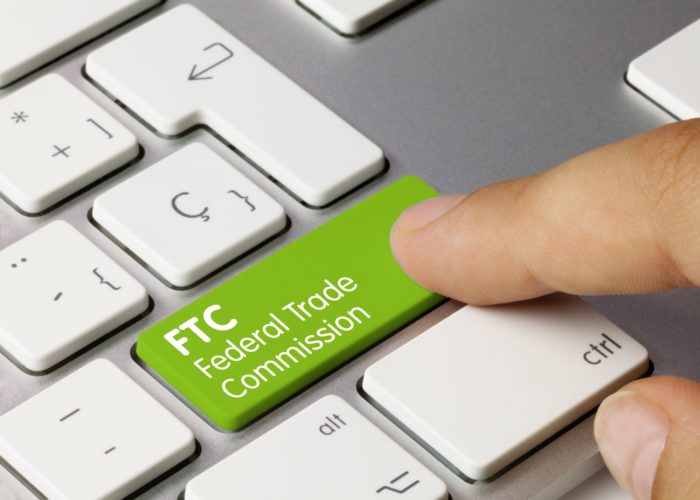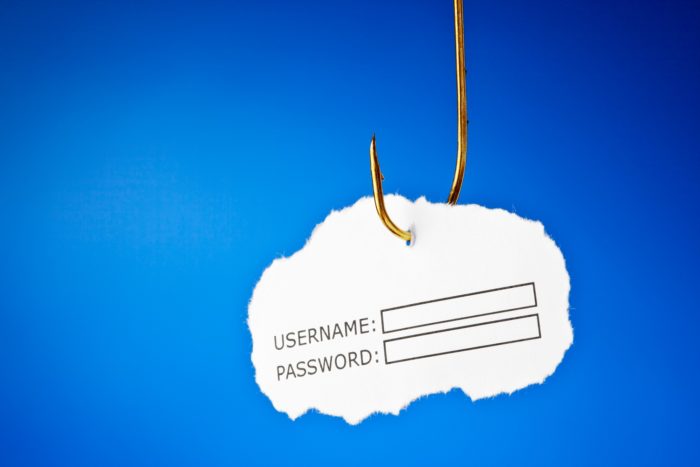Top Class Actions’s website and social media posts use affiliate links. If you make a purchase using such links, we may receive a commission, but it will not result in any additional charges to you. Please review our Affiliate Link Disclosure for more information.
The Federal Trade Commission (FTC) is warning consumers to be wary of any scams they may encounter due to the coronavirus.
In a recent blog post, the FTC notes that they have sent out warning letters to numerous sellers regarding coronavirus scam treatments. That said, the agency has seen more scams that consumers should look out for.
The agency explains that the public should be wary of undelivered goods, because certain online sellers are touting products such as cleaning, household products and medical supplies. The commission states that consumers should check out the seller by searching online for the company, using keywords such as “review,” “complaint” and “scam.”
The FTC says that individuals should pay by credit card and keep a record of the transaction. In addition, if customers are concerned about the pricing of products, they should contact their state attorney general.
Have you been the victim of a coronavirus scam? Get legal help by clicking here.
According to the FTC, when a major event like the coronavirus happens, many people want to help out others as much as possible by contributing money to the cause. To that note, scammers are using the same events to take advantage of the public.
The FTC notes scammers use names that sound similar to real charities. The public should conduct research about charities before sending money. The agency also suggests that those donating to charities should done by credit card, never by gift card or wire transfer.
In addition, scammers are allegedly using fake emails and text messages in an attempt to obtain valuable personal information. The FTC says that scammers can use phishing methods to gain access to computers and networks. The hackers also use familiar names and logos, such as the World Health Organization.
Also, the agency warns that consumers should be on the lookout for emails claiming to be from the Centers for Disease Control (CDC).
The FTC says that phishing emails appear as if they come from a company that people know or trust, such as a bank or a credit card company.
These emails may tell a story to trick a consumer into clicking on the links embedded in the email. Some of the stories will state that the company has noticed suspicious activity or login attempts, or that there was a problem with account or payment information.

The agency suggests that the public keeps their computer software up to date as well as have security software installed.
If consumers are using their cell phones to access the internet and email, the FTC goes on to say that consumers should set their phones to update automatically.
Another reported scam that continues to pervade consumers is robocalls. The commission states that if you get a call that you do not recognize, do not press any buttons and hang up immediately.
Also, consumers are warned that they should ignore online offers for vaccines. There are currently no medicine or treatment available that will treat the coronavirus, online or in stores.
On March 9, the FTC and the Food & Drug Administration (FDA) issued warning letters to seven companies (Vital Silver, Quinessence Aromatherapy Ltd., N-ergetics, GuruNanda, LLC, Vivify Holistic Clinic, Herbal Amy LLC, and The Jim Bakker Show.)
The FTC stated in their press release that the warning letter included some of the companies advertising products such as teas, essential oils and colloidal silver that allegedly could be used to prevent the coronavirus.
The agency said in their warning letters to these companies that one or more of the claims made are not substantiated and violate the FTC Act. The warning letters advise businesses to cease making all claims that their products can treat and cure the coronavirus.
“The letters note that if the false claims do not cease, the Commission may seek a federal court injunction and an order requiring money to be refunded to consumers. Finally, they instruct the recipients to notify the FTC within 48 hours of the specific actions they have taken to address the agency’s concerns,” according to the FTC press release.
The FTC also informed consumers that the Securities and Exchange Commission (SEC) is warning consumers to watch out for online promotions claiming that products and services of publicly traded companies can prevent or cure the coronavirus.
Join a Free Coronavirus Class Action Lawsuit Investigation
If you believe your rights were violated in a way that is directly related to the coronavirus pandemic, you may qualify to join this coronavirus class action lawsuit investigation.
ATTORNEY ADVERTISING
Top Class Actions is a Proud Member of the American Bar Association
LEGAL INFORMATION IS NOT LEGAL ADVICE
Top Class Actions Legal Statement
©2008 – 2024 Top Class Actions® LLC
Various Trademarks held by their respective owners
This website is not intended for viewing or usage by European Union citizens.
















2 thoughts onBeware of Coronavirus Scams, FTC Warns
+4244506152
LE LTE
3:05
Suspected spam Help stop incoming spam by reporting this message
Report not spam
Report spam
2:49 PM
Because of the COVID-19 outbreak we are giving out emergency money to cover your everyday costs: Linda, visit corona-cash3.info/
44 DUBLIN
14 min
Text message
SMS
(I get these messages every day. Of course I never open any of the links. The spam is screenshot and reported. While I am sent anywhere 2-8 a day, it becomes tiresome. I have about 40 of these spams in my cell phone, and noticed many ate from same net address. Can anyone help with this?)
+1 (209) 787-3702
Text me this message –
FedCheck awaits you goo.gl/m6LauU kZ8EY